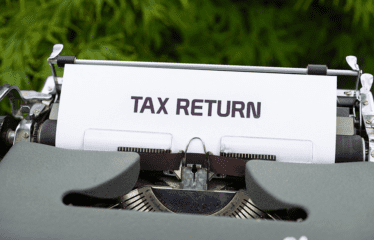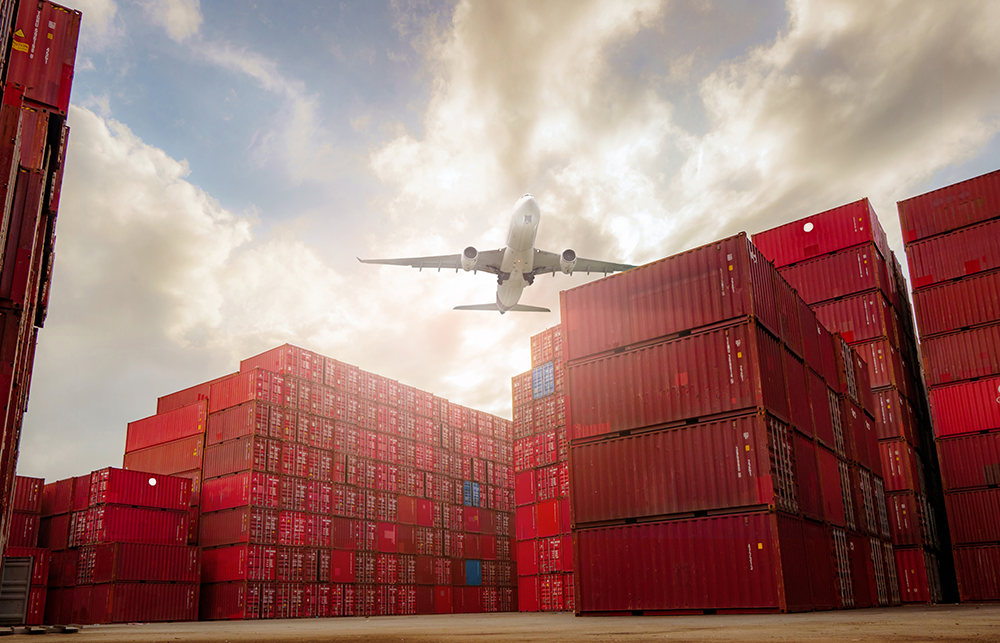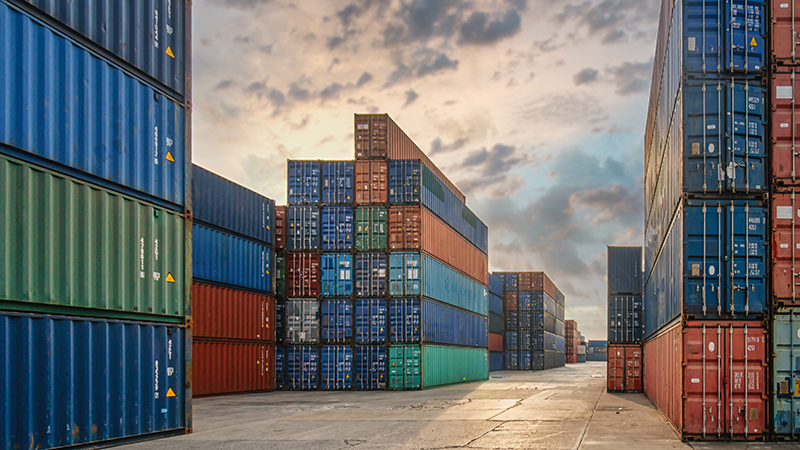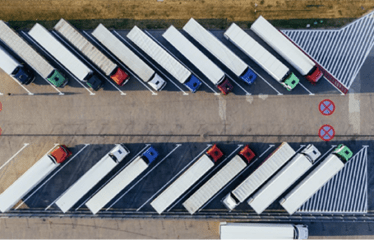Fiscalead
Founded by Marcie REYNO-DALLE and Alexandra LOUYOT, FISCALEAD provides operational assistance in indirect taxation: Customs, Excise and VAT. With many years’ experiences in both big 4 law firms and in-house, our team is experienced in a wide range of international business models, industries, and supply chains.
Committed to listening to your operational needs, we put our technical expertise at the service of your logistical, IT and HR realities.
Whether you call on our tax reporting or operational advisory services, our obsession is to ensure that indirect taxation is no longer a barrier for your business but opens up new opportunities for you.
Our added value? In an increasingly globalised and digitalised world, at FISCALEAD expertise is a priority, and technology a necessity – without ever being dissociated. Come and meet us!
Skills
We work with a number of firms that we have partnered with
Knowledge and expertise
We monitor European tax and customs matters for our customers and run technical and practical workshops, webinars and training courses.
Experience
Over 15 years' experience in indirect tax management: Customs, Excise, VAT.












